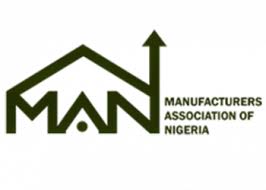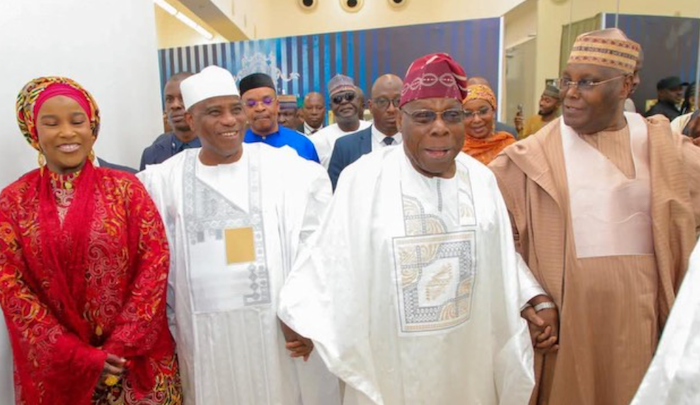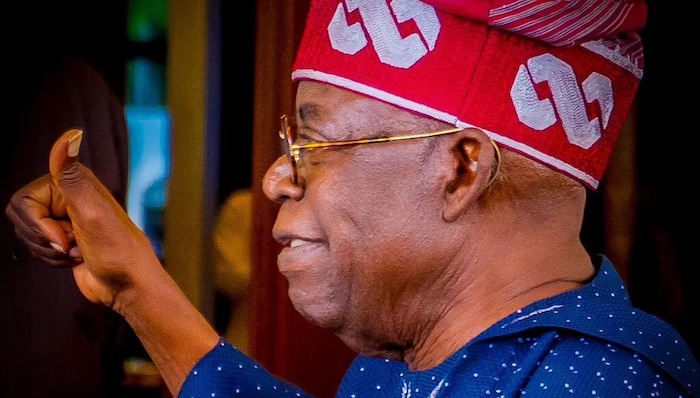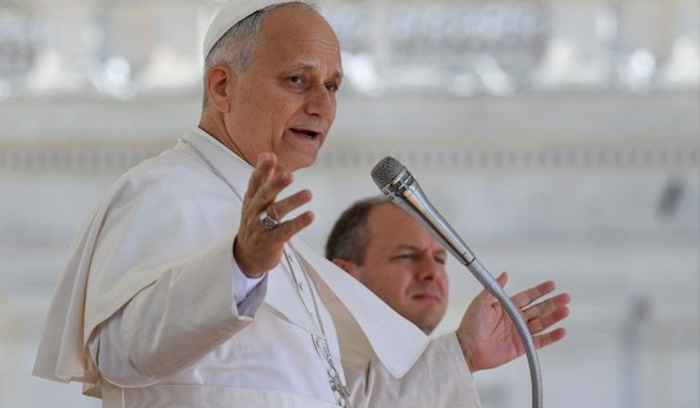
MAN warns fragile recovery threatened by high energy costs, forex shortages, and poor access to credit….
The Manufacturers Association of Nigeria (MAN) says the value of unsold goods in the country’s manufacturing sector climbed to ₦1.04 trillion in the first half of 2025, a 16.05 per cent increase from ₦896.2 billion recorded in the second half of 2024.
The association described the development as alarming, blaming it on weak consumer demand, poor government patronage of locally made products, and worsening macroeconomic conditions that continue to stifle industrial productivity.
Director-General of MAN, Segun Ajayi-Kadir, alongside the association’s Director of Research and Economic Policy, Oluwasegun Osidipe, presented the findings of the Q3 2025 Manufacturers CEO Confidence Index (MCCI) and the 2025 MAN Think Tank Report during a briefing in Lagos on Tuesday.
“Low patronage by government agencies remains one of the top challenges facing manufacturers,” Ajayi-Kadir said. “Despite our persistent advocacy for public institutions to lead by example in buying made-in-Nigeria products, implementation remains weak. This has left local industries struggling with rising inventories.”
Manufacturers Battle Power Shortages, Forex Woes, and High Costs
Ajayi-Kadir listed other challenges identified in the report, including inadequate power supply, foreign exchange scarcity, high electricity tariffs, multiple taxation, and poor road infrastructure.
According to MAN’s data, capacity utilisation in the sector rose modestly to 61.3 per cent in H1 2025 from 57.6 per cent in the preceding half, while manufactured exports surged from ₦294.4 billion in Q1 2025 to ₦803.8 billion in Q2.
However, the sector’s overall performance remains fragile. Real manufacturing growth slowed from 1.69 per cent in Q1 to 1.6 per cent in Q2, contributing 7.81 per cent to Nigeria’s GDP, down from 9.62 per cent in the previous period.
MAN reported that manufacturers spent ₦676.6 billion on alternative energy sources and ₦1.72 trillion on imported raw materials during the first half of the year, leading to the loss of 18,935 jobs.
“The average lending rate stood at 36.6 per cent, while access to credit fell to ₦7.72 trillion,” Ajayi-Kadir noted. “These figures show that capital remains prohibitively expensive for real sector growth.”
He urged the government to cut energy costs, improve forex liquidity, and expand access to affordable credit, warning that the sector’s modest rebound could be lost without urgent intervention.
“Growth cannot thrive where capital remains prohibitively expensive. The Central Bank must take bolder steps to lower rates and stimulate investment,” he added.
Confidence Index Edges Up Slightly
Presenting the MCCI report, Osidipe said the index rose slightly by 0.4 points, from 50.3 in Q2 to 50.7 in Q3 2025, the second consecutive quarterly improvement, suggesting a cautious optimism among manufacturers.
He attributed the uptick to a more stable exchange rate and a gradual decline in inflation, but said the gains were partly offset by energy supply disruptions caused by industrial disputes in the oil and gas sector.
Six sectoral groups including Plastics & Rubber, Electrical & Electronics, Food, Beverages & Tobacco, Chemicals & Pharmaceuticals, Textile & Footwear, and Basic Metal, Iron & Steel recorded improved confidence levels.
In contrast, four other groups reported declines due to high energy costs, limited government patronage, high import duties, and the influx of imported finished goods.
MAN Urges Urgent Policy Reforms
MAN President, Francis Meshioye, lamented the government’s slow response to industrial challenges and called for swift policy action.
“The outright enumeration of top manufacturing challenges in the MCCI report shows that government must urgently review existing reforms and address internal bottlenecks,” Meshioye said. “Manufacturing remains the heartbeat of sustainable recovery. No economy prospers on consumption alone.”
Meshioye noted that while the sector had shown “meagre but consistent” improvements in recent quarters, sustaining that recovery would require a deliberate, industry-friendly policy approach.
He said the forthcoming Nigeria Industrial Policy and ‘Nigeria First’ initiative must be private sector-driven to ensure alignment between policy design and industrial realities.
MAN also urged the government to boost oil production, protect pipeline infrastructure, stabilise the exchange rate, and prevent further industrial disruptions to strengthen macroeconomic stability.
“Currency stability is not just a macroeconomic metric, it reflects national resolve,” Ajayi-Kadir added. “To secure the gains of stabilisation and accelerate prosperity, Nigeria must make manufacturing the nucleus of its growth strategy.”



